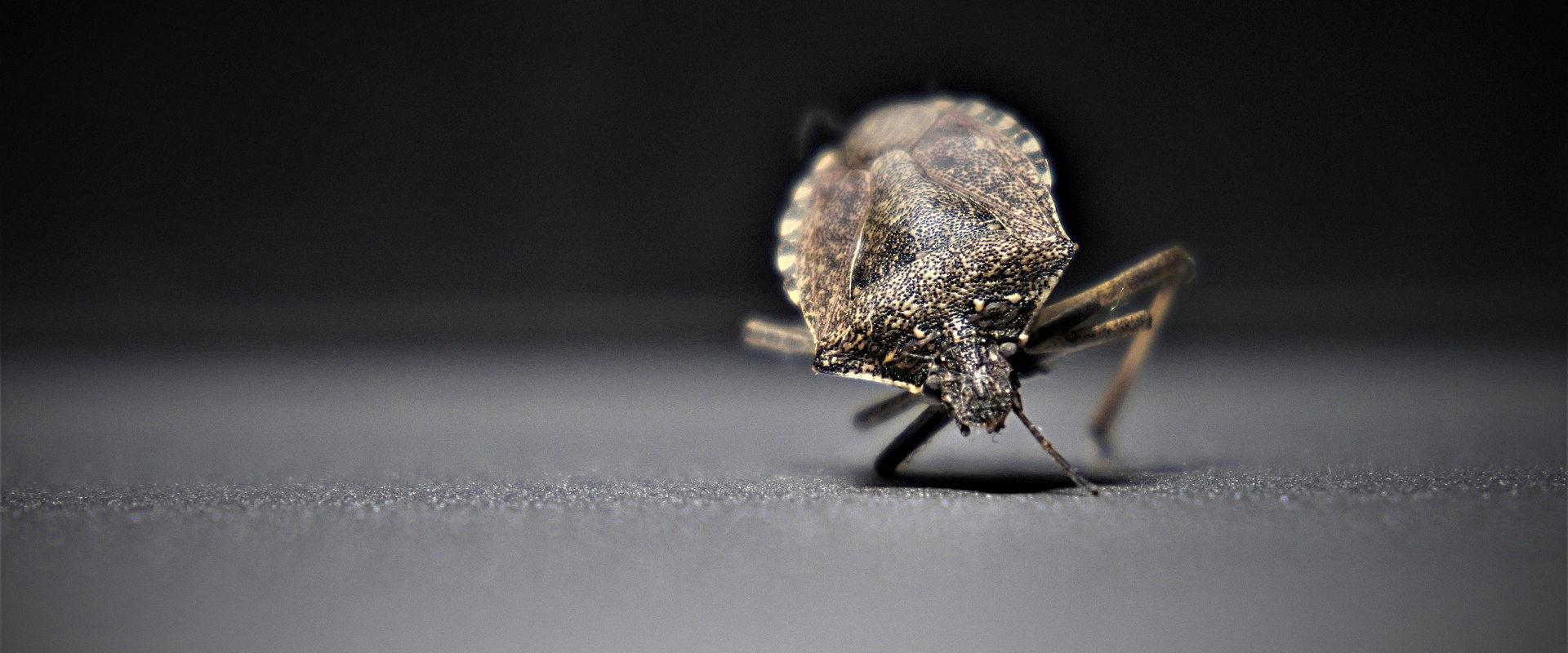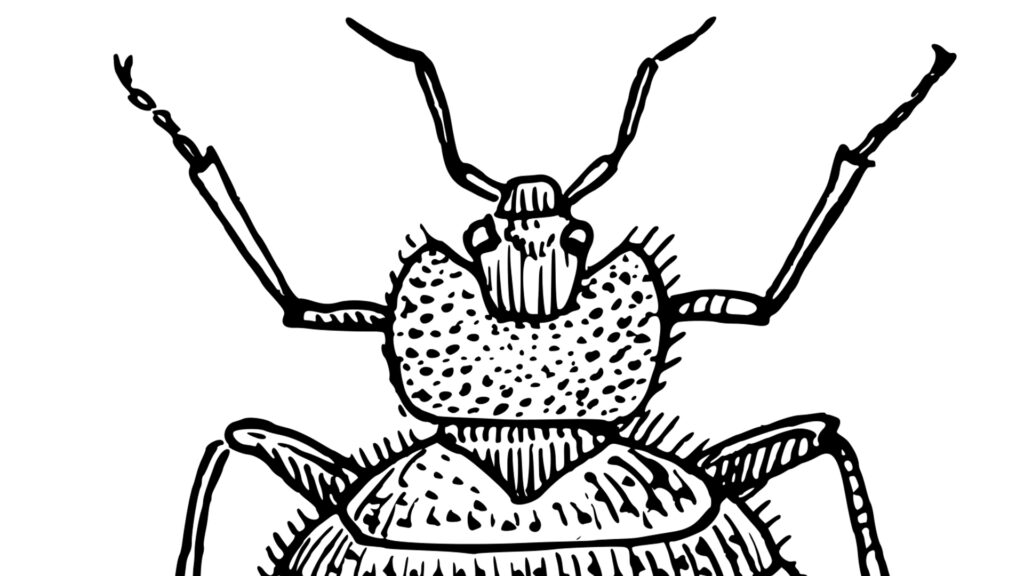Bed bugs are small parasites that feed on the blood of humans and animals. They can cause serious infestation problems in homes and commercial establishments. Prevention is essential to avoid a bed bug infestation and protect your environment. In this article, we will give you practical tips to prevent a bed bug infestation.
Bed bugs are nocturnal parasites that hide in beds, furniture and cracks in walls. They feed mainly on human blood and can cause itching, skin irritation and even allergic reactions in some people. To avoid these problems, it is essential to take preventive measures to prevent bed bug infestation.
Understanding bed bugs
Bed bugs are small, oval-shaped creatures that are about 5-7 millimeters long. They are brown in color and can move quickly from one place to another. Bed bugs usually hide in beds, mattresses, sofas and carpets, but they can also hide in cracks in walls and electrical outlets. They are attracted to body heat and the carbon dioxide we emit during sleep.
Signs of a bed bug infestation

It is important to know how to recognize the signs of a bed bug infestation so that you can act quickly. Here are some clues that may indicate the presence of bed bugs:
- Presence of bites on the skin, usually grouped on the arms, legs and back.
- Blood stains on sheets and mattresses, caused by bed bugs crushed overnight.
- Presence of bed bug droppings, which look like small black spots on sheets or furniture.
If you observe these signs, it is important to take immediate action to eliminate bed bugs.
Prevention at home
Prevention is the key to avoiding a bed bug infestation at home. Here are some practical tips to help you protect your home:
Seal cracks and holes
Bed bugs can hide in cracks and holes in walls, floors and furniture. It is therefore essential to seal all potential openings to prevent their entry. Use putty or caulking to fill cracks and holes, especially around baseboards, electrical outlets and bed frames.
Use special mattress covers
Special bed bug mattress covers can help prevent an infestation. These covers are made of a bedbug-resistant material and prevent parasites from getting into the mattress. Be sure to choose a high-quality mattress cover, specially designed to prevent the entry of bed bugs.
Clean regularly and vacuum
Maintaining a clean and tidy environment is essential to prevent a bed bug infestation. Regularly vacuum mattresses, carpets, upholstered furniture and curtains to eliminate possible bed bugs and their eggs. Also clean sheets, blankets and clothing at high temperatures to kill bed bugs and their larvae.
Prevention in travel
Bed bugs can also be carried in luggage when travelling. It is therefore important to take extra precautions when staying in hotels or temporary accommodation. Here are some tips to prevent a bed bug infestation during your travels:
Examine furniture and mattresses
Before moving into a hotel room or temporary accommodation, carefully inspect furniture, mattresses and sheets. Look for signs of infestation such as blood stains, bed bug droppings, or live insects. If you notice signs of infestation, ask to change rooms immediately.
Washing and drying clothes at high temperatures
When you return from your trip, wash all your clothes thoroughly at high temperatures. Bed bugs and their eggs cannot survive temperatures above 60 degrees Celsius. By using a dryer at high temperature, you can ensure that all pests are removed.
Use waterproof travel bags
Use waterproof travel bags to store your clothes and belongings. Waterproof bags prevent bed bugs from entering your luggage during the trip. Be sure to close the bags tightly and inspect them regularly for signs of infestation.
What to do in case of infestation
If, despite all your precautions, you are faced with a bed bug infestation, it is important to react quickly. Here are some steps to take in case of infestation:
Hire a pest control professional
The extermination of bed bugs can be difficult and often requires the intervention of a professional pest control officer. Use a company that specializes in the treatment of bed bugs to effectively eliminate parasites from your home.
Clean and disinfect the environment
In addition to professional treatment, you can also clean and disinfect your environment to eliminate bed bugs and reduce the risk of reinfestation. Wash all textiles at high temperatures, thoroughly vacuum every corner of the house and use recommended disinfectant products to eliminate bed bugs.
Conclusion
The prevention of bed bugs is essential to avoid an infestation and the health problems that come with it. By taking preventive measures at home and while traveling, you can significantly reduce the chances of infestation. If you are faced with an infestation, it is important to react quickly by calling in professionals and taking appropriate cleaning measures.
FAQs
- How do I know if I have bed bugs at home?
- Common signs of a bed bug infestation include bites on the skin, blood stains on sheets, and the presence of bed bug feces.
- Can bed bugs fly?
- No, bedbugs cannot fly. They move by crawling.
- Are bed bugs dangerous to health?
- Although bed bugs do not transmit diseases, their bites can cause intense itching and allergic reactions in some people.
- Can bed bugs be eliminated without the help of a professional?
- It is best to hire a professional pest control professional to effectively eliminate bed bugs, as they can be difficult to eradicate by amateur means.
- How can I avoid bringing bed bugs home after a trip?
- Wash all your clothes at high temperatures and thoroughly inspect your luggage before storing. Use waterproof travel bags to prevent bed bugs from getting into your luggage.
